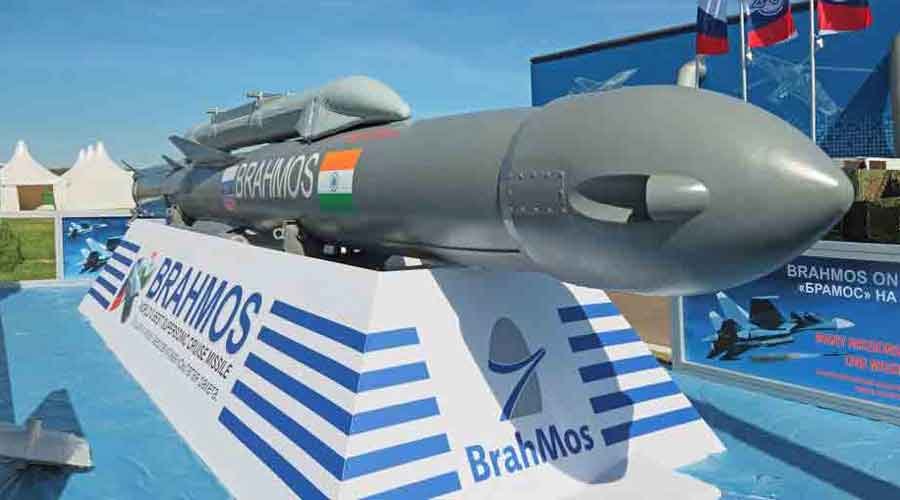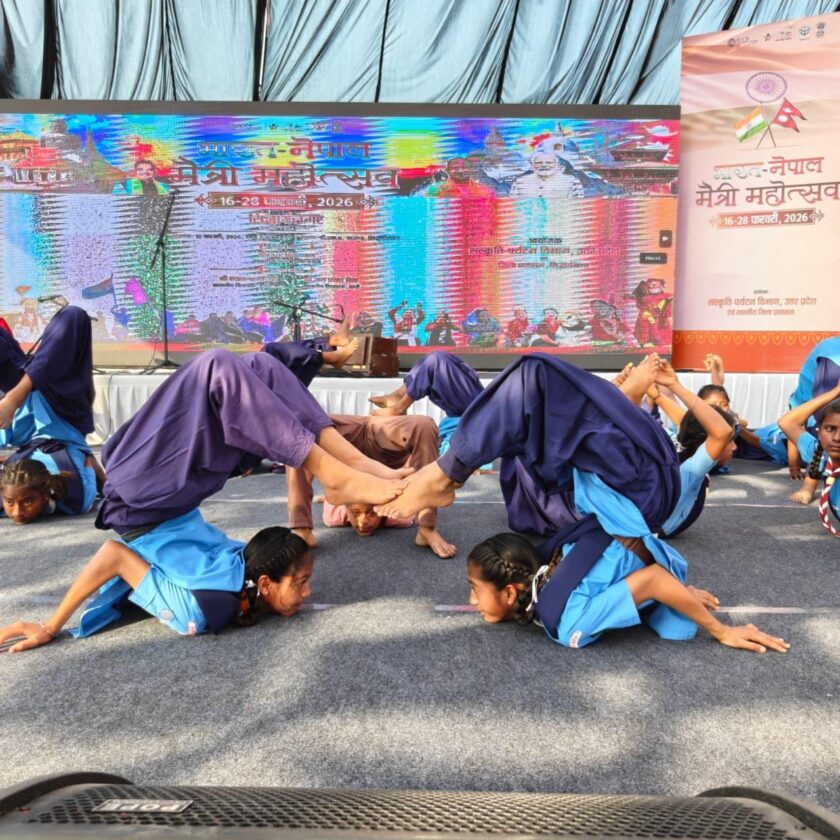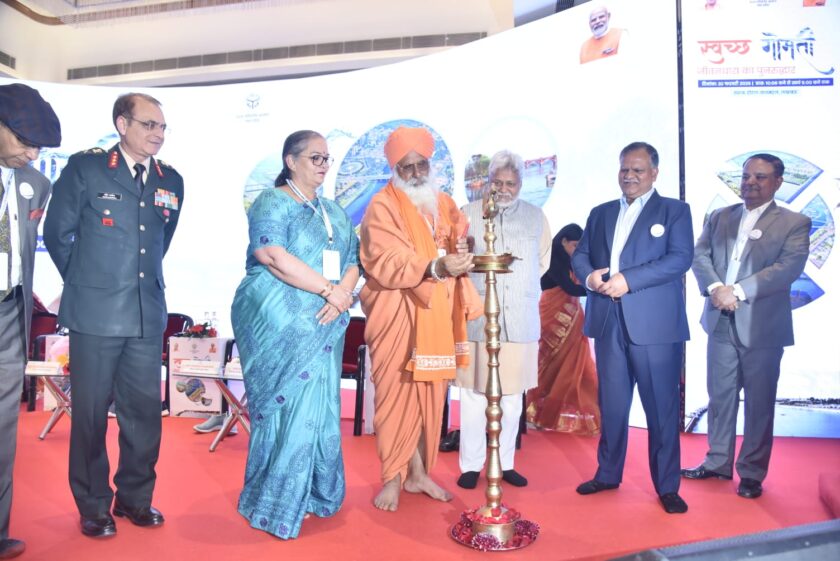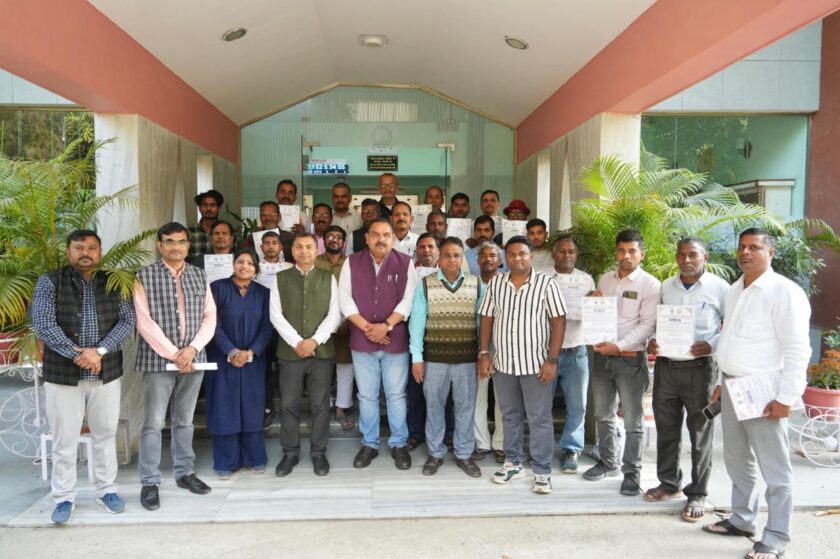New Delhi: On this day, we commemorate the 23th anniversary of the BrahMos missile’s first successful test launch, a groundbreaking moment in the history of defense technology. It was on 12 June 2001 that the BrahMos supersonic cruise missile soared into the skies from the Integrated Test Range (ITR) in Chandipur, marking the beginning of a new era in missile technology.
A Collaborative Triumph
The BrahMos missile is a result of an extraordinary collaboration between India and Russia. Named after the Brahmaputra and Moskva rivers, the BrahMos project symbolizes the strong ties and technological cooperation between the two nations. The missile was developed by BrahMos Aerospace, a joint venture between India’s Defence Research and Development Organisation (DRDO) and Russia’s NPO Mashinostroyenia (NPOM).
The First Launch: A Historic Achievement
The first test-firing of BrahMos on 12 June 2001 was conducted in a vertical launch configuration. This event not only demonstrated the missile’s superior performance but also showcased the advanced technological capabilities of the Indian defense sector. The successful launch was a testament to the rigorous research, development, and testing efforts undertaken by the scientists and engineers involved in the project.
Technical Prowess of BrahMos
BrahMos is renowned for its versatility and precision. As the world’s fastest supersonic cruise missile, it boasts a speed of Mach 2.8 to 3.0, making it a formidable weapon in modern warfare. The missile’s ability to be launched from multiple platforms – land, sea, and air – adds to its strategic value. Its high accuracy and capability to carry various warheads further enhance its operational effectiveness.
Key features of BrahMos include:

- Speed: Mach 2.8 to 3.0, making it three times faster than subsonic cruise missiles.
- Range: Initially up to 290 km, extended to 450 km, with future versions expected to reach 600 km.
- Payload: Capable of carrying a conventional warhead weighing up to 300 kg.
- Launch Platforms: Land-based mobile launchers, naval ships, submarines, and aircraft.
Enhancements and Future Prospects
Over the years, BrahMos has undergone significant upgrades to enhance its capabilities. The introduction of the BrahMos-A, an air-launched variant, has expanded its operational scope. The missile has been integrated with various Indian Navy ships and is a critical component of India’s coastal defense. Future plans include increasing its range and incorporating advanced technologies to maintain its edge in missile technology.
Strategic Importance
BrahMos is not just a missile; it is a strategic asset that reinforces India’s defense capabilities. It serves as a deterrent against potential threats and plays a vital role in maintaining regional stability. The missile’s success has also paved the way for other indigenous defense projects, contributing to India’s goal of self-reliance in defense technology.
Celebrating a Legacy of Excellence
As we celebrate the 13th anniversary of the BrahMos missile’s first launch, we acknowledge the dedication and hard work of the countless individuals who made this achievement possible. This milestone is a reminder of the remarkable progress that can be achieved through international collaboration and relentless pursuit of excellence.
In honoring this occasion, we look forward to continued advancements and new milestones in the journey of BrahMos, a symbol of technological prowess and a pillar of national security.
The BrahMos missile stands as a beacon of innovation and strength. Its successful launch on 12 June 2001 marked the beginning of a legacy that continues to inspire and protect. As we celebrate this anniversary, we pay tribute to the visionaries, scientists, and defense personnel who have contributed to this extraordinary journey. Here’s to 13 years of BrahMos and many more years of unparalleled excellence in missile technology.









